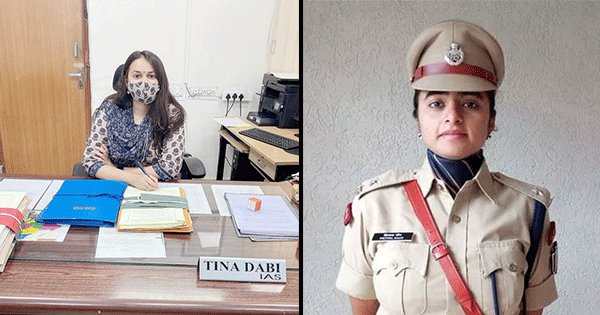
The Indian Administrative Service (IAS) and the Indian Police Service (IPS) are two of India’s most prestigious services. Every year, lakhs of aspirants study for the civil services exam in the hope of being accepted into these prestigious services.
Both IAS and IPS officers have very different job profiles. Here’s a quick rundown of their roles and responsibilities.
IAS
- As a subdivisional magistrate (SDM), they are in charge of the sub-law division’s and order, development, and administrative management.
2. They perform the same functions as an SDM as a district officer, collector, or deputy commissioner, but are in charge of an entire district.
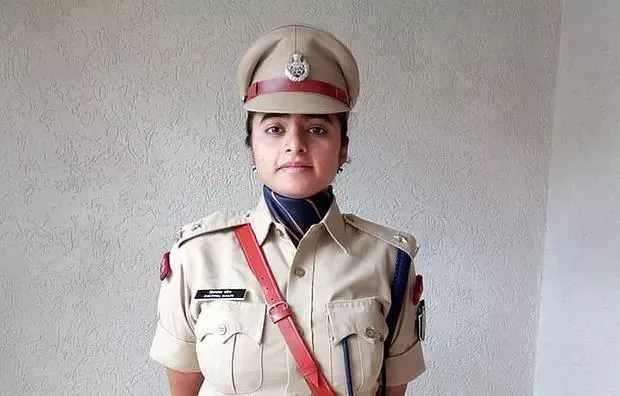
3. They advise elected representatives in the formulation of policies and decision-making on government processes in the State Secretariat.
4. On deputation in PSUs, they become members of the upper management of various public-sector enterprises.
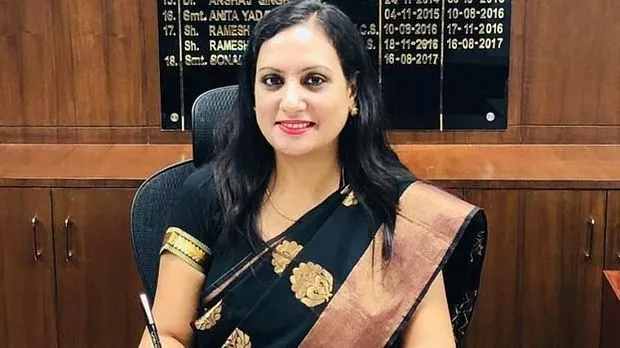
5. At the secretariat level, they are in charge of policy review, formulation, and implementation for various ministries.
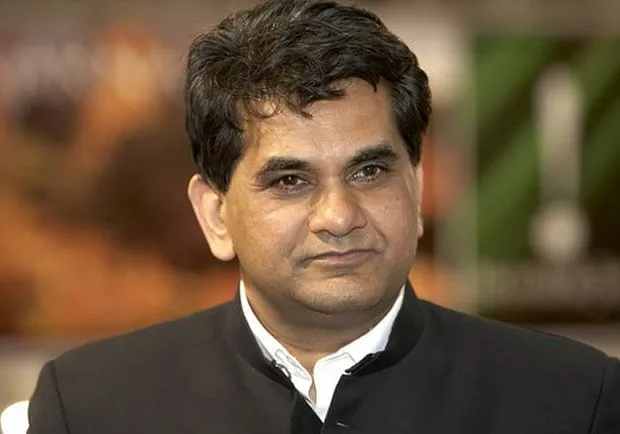
6. In the short term, they can also be assigned to private organisations such as the United Nations and other international bodies.

IPS
- They play an important role in establishing law and order at the local level.
However, as DM, an IAS officer is also responsible for law and order. In that case, they must collaborate as a group.
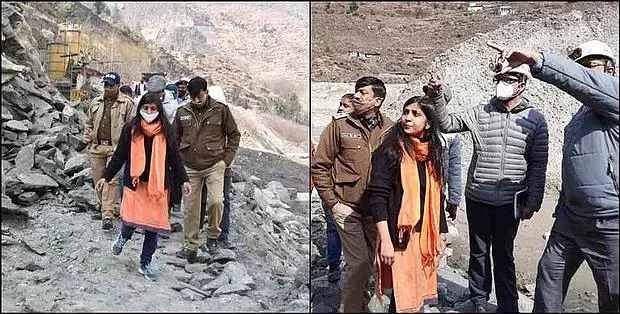
2. Their responsibilities include maintaining public peace and order, preventing, investigating, and detecting crime, gathering intelligence, border policing, railway policing, economic offences, public corruption, disaster management, enforcing socioeconomic legislation, protecting bio-diversity, and enforcing environmental laws.
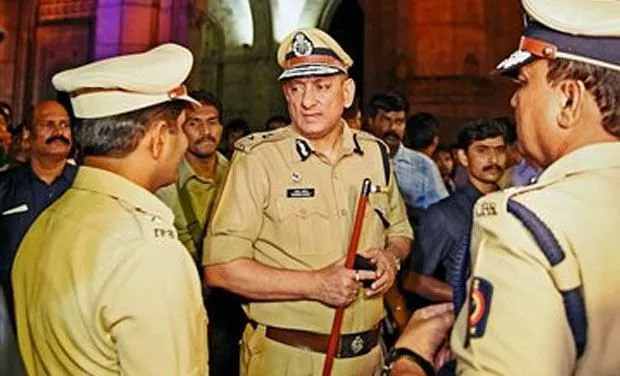
3. They are in charge of Central Police Organizations such as the CBI, National Security Guards, Intelligence Bureau, CBI, BSF, Indo Tibetan Border Police, and CRPF.
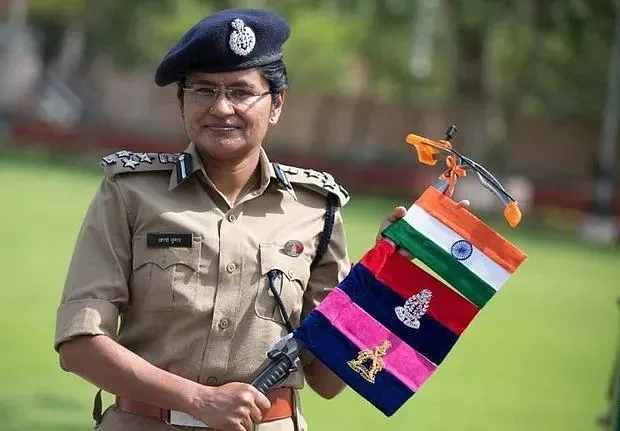
4. They are in charge of the security of VIPs such as Chief Ministers and the Prime Minister.
5. In the event of riots or natural disasters, IPS officers can convene immediate meetings of the armed forces or the NDRF to maintain law and order.
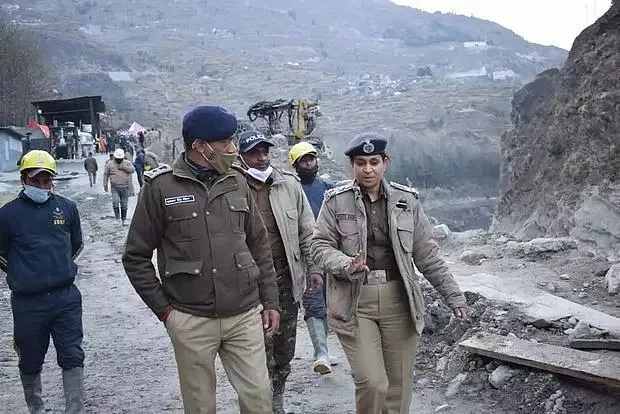
6. They are in charge of all civil and armed police forces in all states and union territories.
7. They hold managerial and policy-making positions in Ministries and Departments of Central and State Governments, as well as Public Sector Undertakings (PSUs).
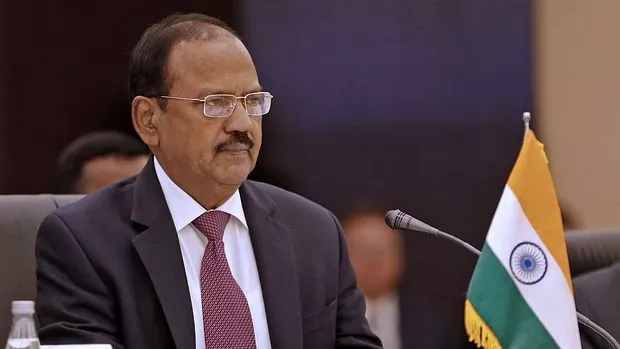
Both of these services have their own set of authority and responsibilities. There is no one service that is more powerful than another. It all depends on the situation on the ground, and the IAS and IPS officers work together to improve and protect our people.
